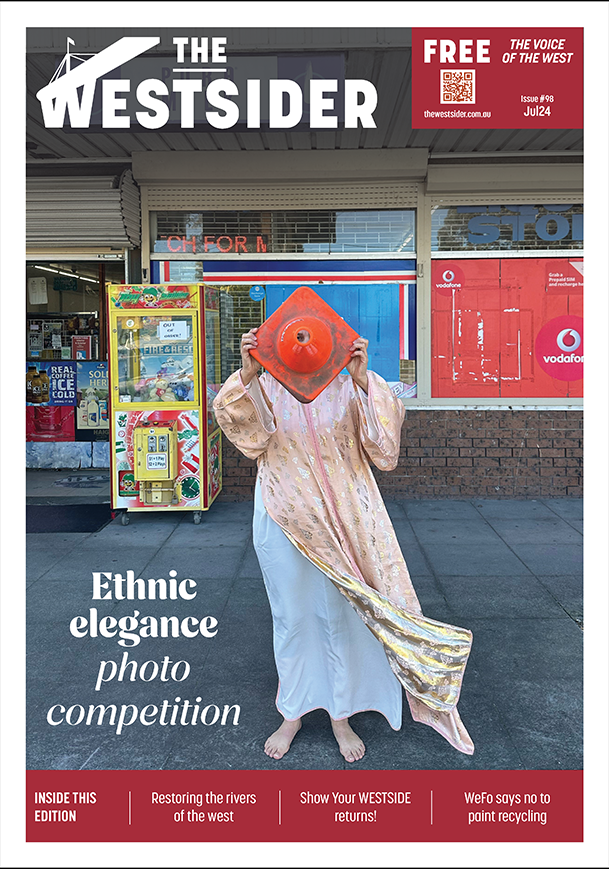Local author and researcher Dr Dominique Hes is writing a celebration of the creation of the Newport Lakes with support from research assistant Pru Fleming and is looking for stories, memories, photos that locals might want to share too.
Having a natural oasis to retreat to is a critical part of human health and wellbeing. ‘Why?’ you might ask. The hypothesis that explains ‘why’ is termed ‘biophilia’; it is the innate need for humans to be connected to life and life-like processes. Biophilia as a concept was identified, researched and named by Edward O. Wilson in 1984.
Over the next year, Dr Hes will be collecting stories about this wonderful park that has held us safe over the past few years of pandemic, climate and economic stress.
Since its introduction, the concept of biophilia has been linked from everything to people getting better faster in hospital, to people being more productive and focused at work. While this seems like common sense based on our own experiences of the calming and restorative powers of spending time in nature, clinical research is now supporting these findings.
What Edward O. Wilson and those that followed him found is that when we are connected to nature our brains are more relaxed and less in the ‘fight or flight’ mode that uses a lot of energy. If we are more relaxed and at ease, then the energy is spent on healing, thinking, creating, connecting, and so forth.
When we think that back in the 1970s and 80s, the community had to continually fight to have this now precious piece of our neighbourhood from being turned into a tip. The Friends of Newport Lakes local conservation community group has a website, which talks about this history. In a 1984 meeting, the Labour Councillors Geraldine Schutt and Mary Burbidge voted against the caucus decision to use the area as a tip.
They didn’t completely win this battle with a compromise to fill the more shallow north-west hole and convert it into a dog park. The income from this was then used to develop the other holes as a bushland park. Geraldine and Mary and their collaborators ended up protecting the most sensitive and deep holes while ensuring that there were resources for the park’s establishment.
Yet the story of Newport lakes goes back to the thousands of years that it was part of the rocky outcrop in a flat grassland. Part of the book’s research is to dig into this part of the story’s history. A logical meeting place for the Yalukit-willam, to sit, talk, teach and eat what was probably collected yams, fish and shellfish. Today, this story continues to unfold through engagement with kindergarten kids frolicking at the bush kinder, collecting rocks, playing with sticks and building cubbies.
That is what this book will be about, the theory of biophilia, regenerative development, placemaking and community, meeting the stories and activities on the site today.
If you have any stories, memories or photos to share about your experiences with Newport Lakes, please connect with Dr Dominique Hes via nplbook22@gmail.com.

